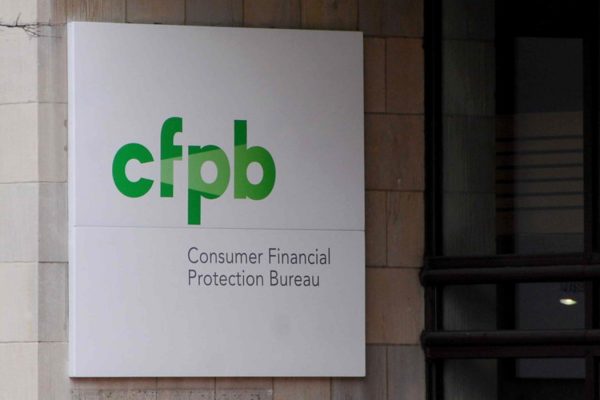The Consumer Financial Protection Bureau’s (CFPB) Personal Financial Data Rights Rule (Rule 1033) helps create a more consumer-friendly and competitive financial services marketplace by allowing people to easily and securely move their personal financial data between financial institutions. Prior to this rule, many banks and financial institutions limited how consumers could use their financial data, which made it difficult for people to comparison shop, manage money, use new technology, or switch accounts and service providers. With Rule 1033, people who wish to switch financial service providers can share their banking history and data from previous transactions in a secure manner, helping them more easily move between service providers.










